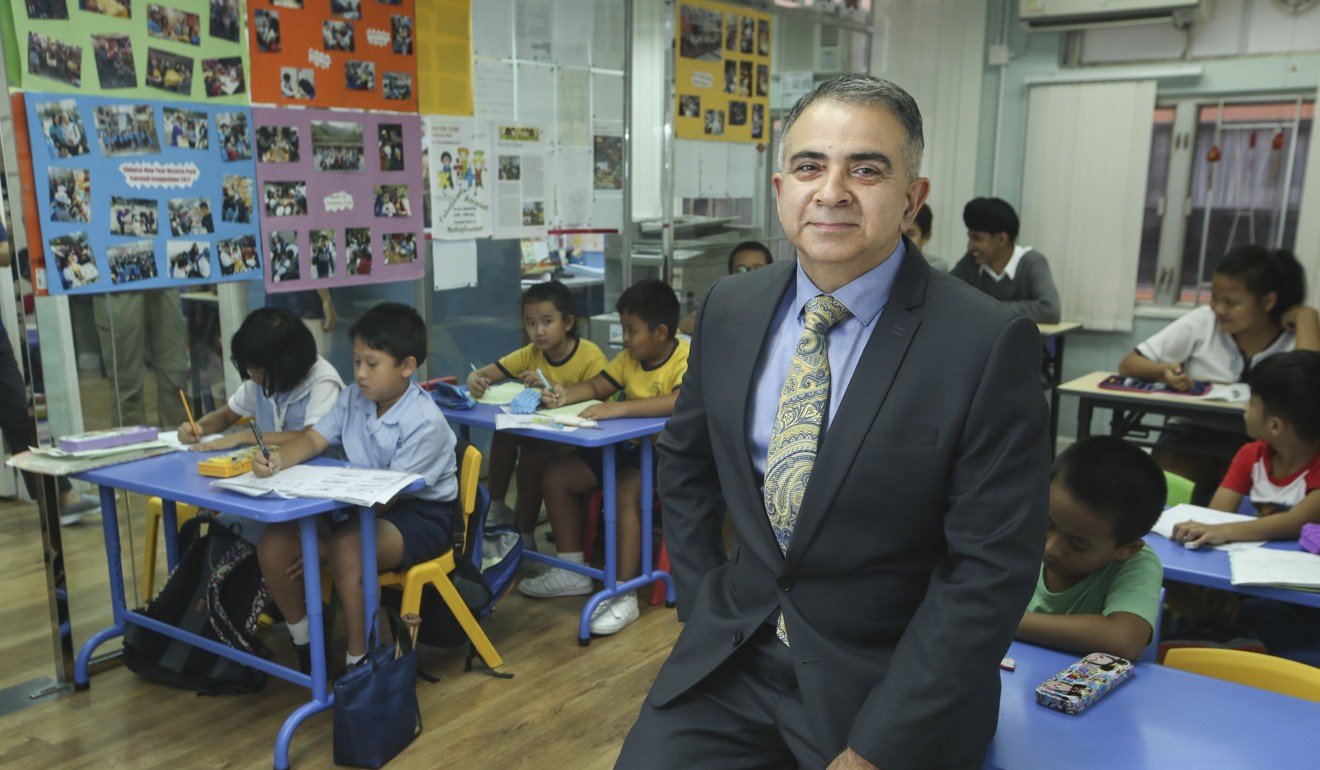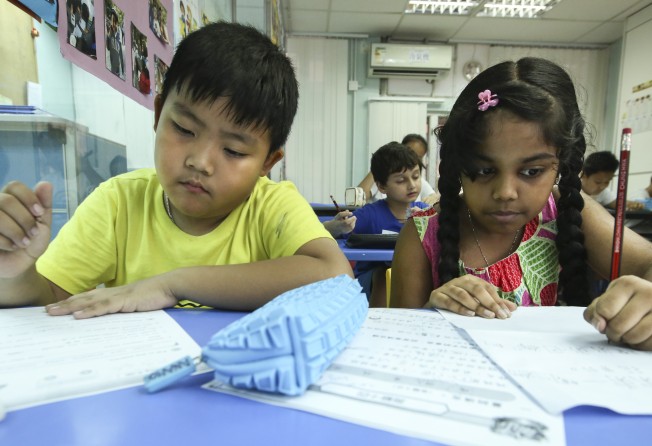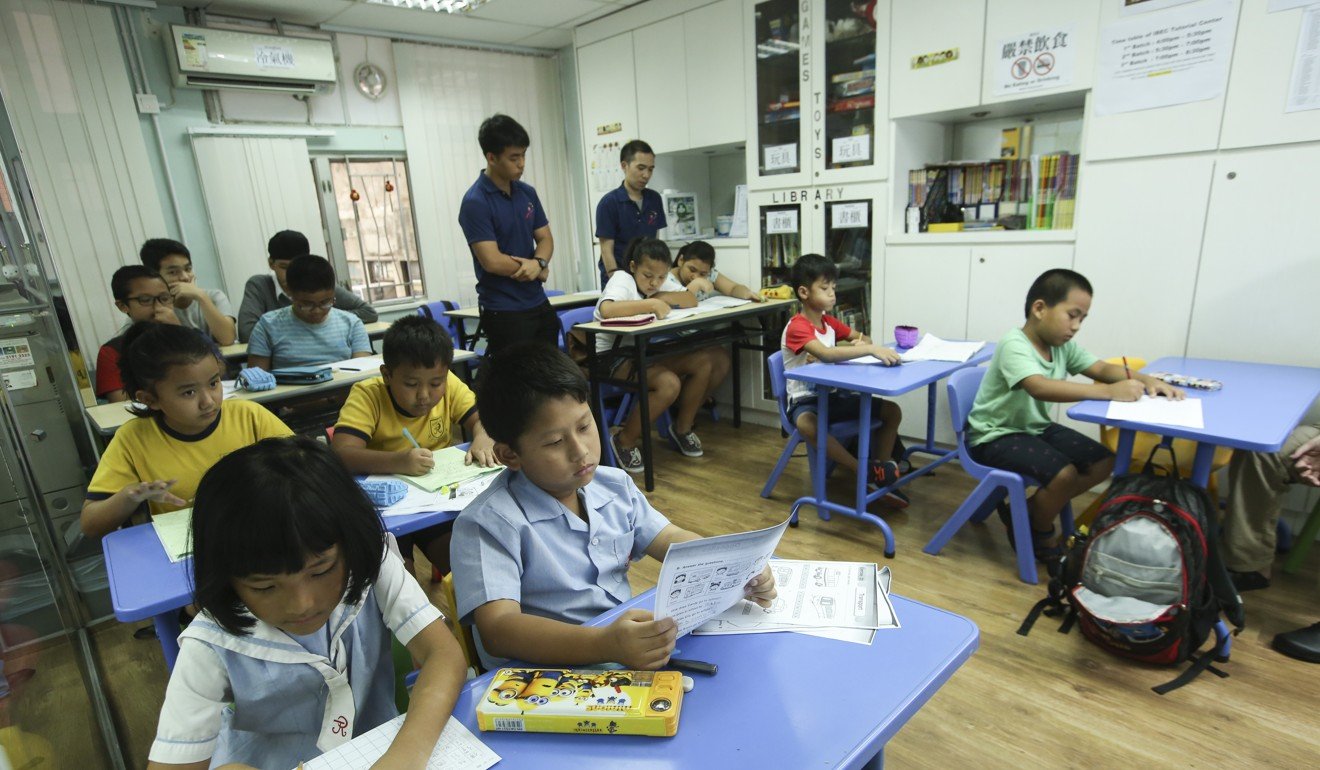
More help on way for Hong Kong’s ethnic minorities to beat their fear of Cantonese
NGO plans to open a second learning centre to cope with rising demand from youngsters in city’s poorest district

An organisation that is already helping over 100 children from ethnic minority backgrounds beat their fear of Cantonese is looking to expand to serve the rising number of people struggling to grasp the language of the city they were born in.
The Integrated Brilliant Education Trust hopes to open a second centre in Sham Shui Po, Hong Kong’s poorest district, before the end of the year.
“We want to get the fear factor – ‘I don’t know Cantonese’ or ‘I can’t learn Cantonese’ – out of their system. Our entire Trust is to make Cantonese easier for these kids to understand,” said Manoj Dhar, CEO and co-founder of the trust.

The trust, a non-governmental organisation, is currently based in Jordan, another neighbourhood densely populated by minorities, particularly Nepalese.
Their first centre, created more than two years ago, provides lessons to 105 children from three to 14 years old. During the week, classes are mostly focused on helping students to finish their homework. On Saturdays, children can attend extra Cantonese classes and join a maths club.
Former banker Dhar said one centre costs HK$2.3 million, including rent and teachers for the first year. He is now talking to donors and expects to launch the second centre by November.
Anamol Rai, 10, is one of hundreds of children struggling with Cantonese despite having been born in the city. “Some Chinese words are difficult to write and others are very hard to say,” said the boy whose parents are from Nepal.
Seating next to him is Niyomi Devidi, eight, who dreams of being an astronaut. Yet the stars seem to be more within her reach than many Chinese characters.
“If I need to talk to people I speak English, I don’t know much of Cantonese,” said the Hong Kong-born girl whose family hails from Sri Lanka.
“Many suffer from the language issue. That is why sometimes you hear not so good reports about them, getting into trouble and that kind of thing,” Dhar said.
Over recent months there have been numerous media reports on crimes involving ethnic minorities, but Dhar said most were exaggerated. “The overall issue is that the kids need help,” he argued.

“The problems start very early in their lives, as they can’t get into good primary schools due to their low Cantonese proficiency. “It becomes a cyclical situation,” Dhar noted.
He said the government should put in place a performance accountability system, with schools submitting reports on the number of ethnic minority children who entered university and on their Cantonese performance.